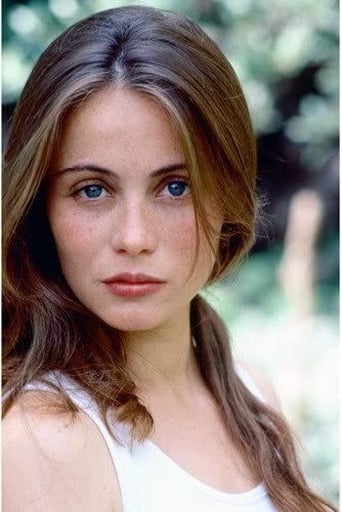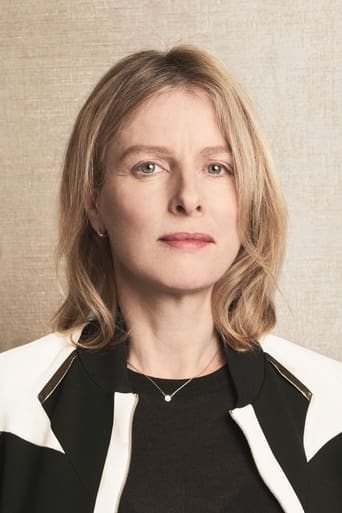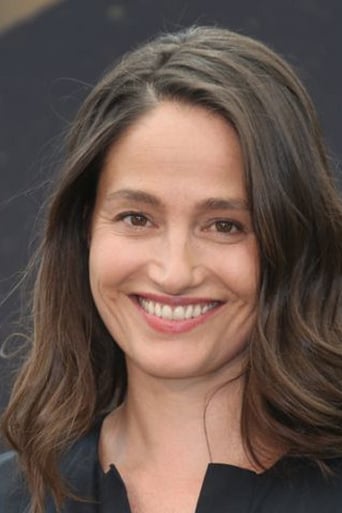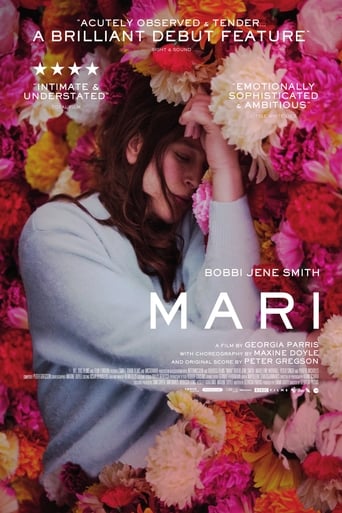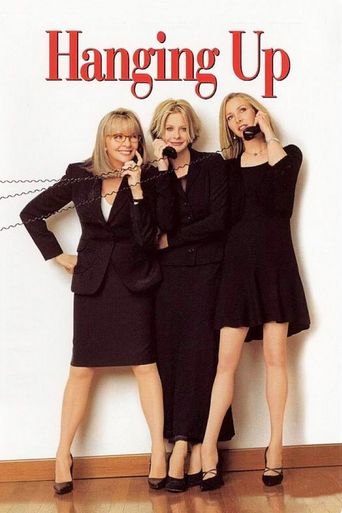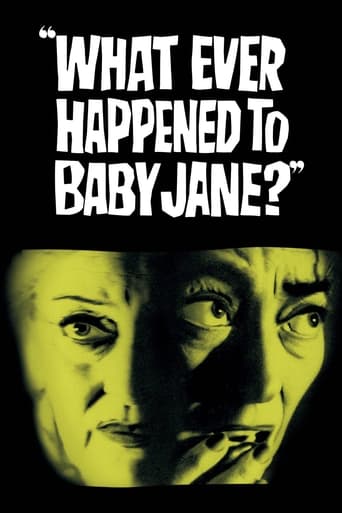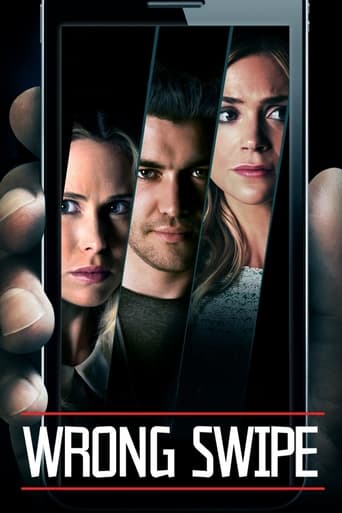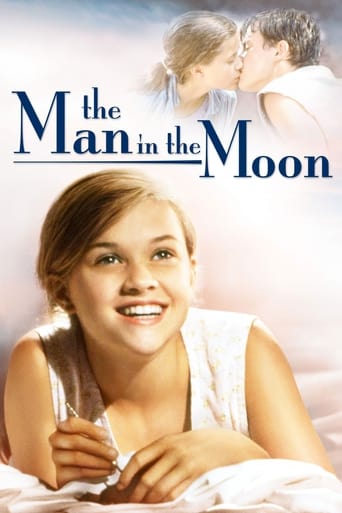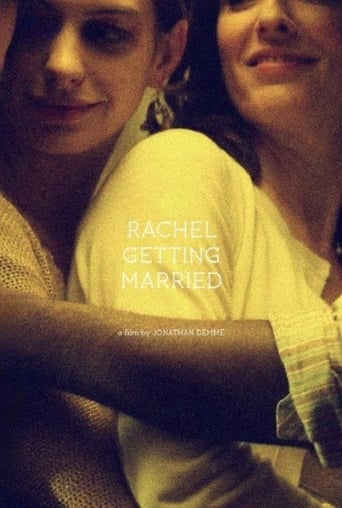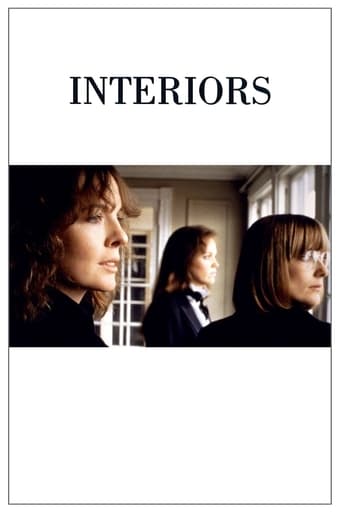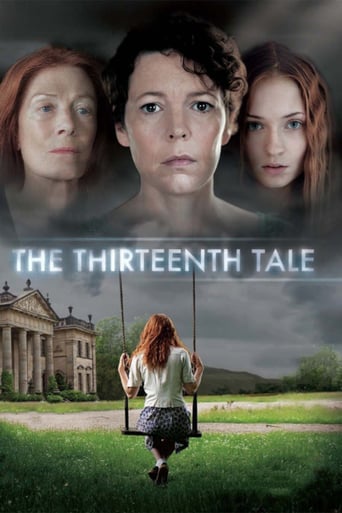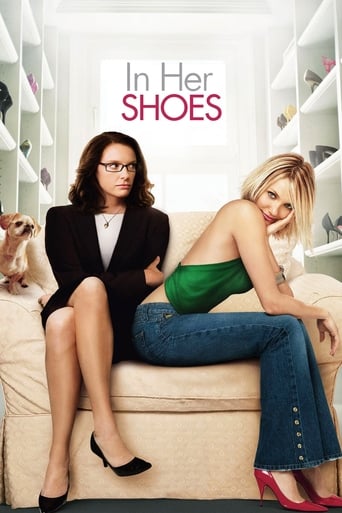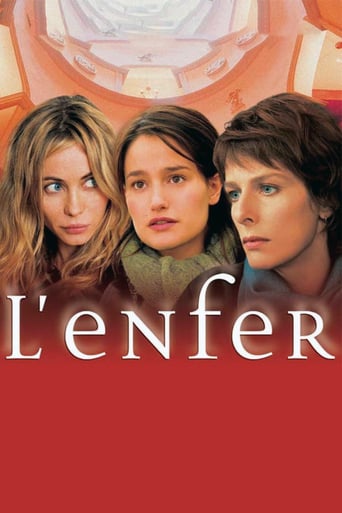
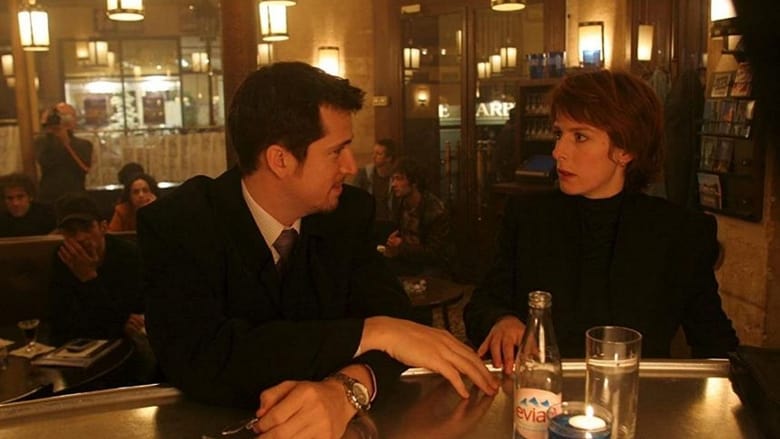
Hell (2005)
Three sisters share a connection to a violent incident from their childhood reunite to for the chance to come to terms with their past.
Watch Trailer
Cast


Similar titles
Reviews
In Paris, a family is victim of a tragic incident, when the patriarch is denounced by his wife of pedophilia. Years later, the three sisters have independent dysfunctional lives and never see each other. The middle sister Sophie (Emmanuelle Béart) finds that her beloved husband and photographer Pierre (Jacques Gamblin) is unfaithful and is having an affair with Julie (Maryam d'Abo) and he leaves her. When the lover discovers that Pierre has two children, she ends the affair. The youngest, Anne (Marie Gillain), is student of Sorbonne and has a crush and gets pregnant of her professor Frédéric (Jacques Perrin), who is married and father of her best friend. The oldest sister, Céline (Karin Viard), is a lonely woman that periodically travels by train to visit her handicapped dumb mother Marie (Carole Bouquet) that is trapped in a wheelchair in an asylum for elders. When the stranger Sébastien (Guillaume Canet) contacts Céline, she believes he is a shy admirer; however, after an awkward encounter, he reveals secrets from the past that will affect the relationship among the sisters."L' Enfer" is a heavy drama of sisters in love, actually doomed love, and is an analogy to the Medea Greek tragedy: Sophie loves her unfaithful husband; Anne loves her professor and father's figure; Céline is needy of love. In common, the three sisters have their lives affected in their childhood by a tragedy caused by the attitude of their mother that accused her husband of pedophilia, never listening to his explanations and giving the chance of defense. The trio of lead actresses are great actresses and extremely beautiful, and the gorgeous Carole Bouquet is unrecognizable in the role of an old and suffered woman living her personal hell. My vote is seven.Title (Brazil): "Inferno" ("Hell")
I'd like to begin by saying that while this film undoubtedly shows the talents of its actual director, for the sake of this commentary I will assume it is a movie by Krysztof Kieslowski. I suppose this movie needs to be viewed together with Tom Tykwer's "Heaven" (2002) in order to be understood from a broader perspective (I don't think anyone has directed "Purgatory" yet, the third part of the trilogy suggested by Kieslowski). Another important source for understanding the film is perhaps Dante's "La Divina Commedia", since this is what inspired Kieslowski in the first place.What the film does, I think, is to offer the viewer a set of disturbing stories, from the very first opening sequence of the bird hatching and pushing the other eggs out of the nest; All these stories, right to the end of the film, never reach any satisfactory resolution. Character's lives are simply damaged or destroyed by events based on misunderstanding or ignorance, as well as human fallibility. Perhaps this is what makes for the film's theme of "Hell". If this is so, and here I can only guess at what Kieslowski's original intentions might have been, then "L'Enfer" is a very modern film in it's representation of hell as the presence of unresolved, arbitrary trauma in human life - hence perhaps the professor's speech about destiny and coincidence is of central significance in understanding the movie. This may in fact be the question the movie is supposed to put to its audience: is life a matter of destiny, or is it just coincidence? This film therefore shares with all other works directed or inspired by Kieslowski that director's strengths, as well as his weaknesses. Kieslowski had a genius for translating transcendent concepts into immanent imagery, and showing the viewer the place where eternity and time coincide; "La Double Vie de Veronique" may be the best example of this. However, that same Polish genius tended to skim lightly over the harsher, more troubling aspects of human tragedy - I would have liked to have seen him attempt a movie about the holocaust, or the life of Job, because I think shadow, while not entirely missing, is nevertheless a little too stylised in his films. Evil is unfortunately real, and while there may be light at the end of every tunnel, the way there gets very dark indeed. A great filmmaker has a responsibility to show this, especially when dealing with universal themes. Hell is not a place that has the good looks of Emanuelle Beart (funnily enough, this actress also starred in a 1994 movie with the same title)! Overall, a movie worth watching.
We enjoyed this this evening, though it is, I think, true to say that it wasn't fun. It's stylish, as you'd expect from a French film, but bleak. The three sisters really do take their tragic childhood very seriously and seem determined to have it copulate (imdb is prudish about reviews) their lives up as much as possible - strangely they don't take the opportunity of a shared childhood with each other to try to get over it, but rather indulge in gloomy comparisons with Medea.Professorial comments in French classes, if this is anything to go by, are truly risible. The idea that, whether life is deterministic or not is simply a matter of aesthetic appeal is truly adolescent. Still, the way he says it, it makes it sound profound - but, as Henry Higgins pointed out a long time ago, that's the French way, it doesn't matter much what you say as long as you pronounce it correctly.I wasn't sure quite why there was the homage to the three colours films. In all of them, an old woman has trouble getting a bottle into a bottle bank, and in this another old woman has the same problem. Maybe it isn't homage, maybe French bottle banks are a notorious old woman trap, but I doubt it. Is it just that this is also supposed to be part of a trilogy of films?There was a very good line early on in the film that I thought that I ought to remember, it sounded exactly right to me. Sadly, though, it can't have been that good (or the rest of film was so absorbing) that I can't remember what it was. Anybody else who has seen it might be able to help, it was an amusing line - somebody, a chap, said it in a hall way, if that helps.I liked the cuckoo sequence - though it wasn't that clear who was supposed to be the cuckoo and who the children turfed out of the nest, particularly when you knew all the facts. I suppose that it fitted well with the defenestration, if nothing else.Evian being, vaguely, naive in mirror writing was a nice touch - it is, of course, naive, or something, to spend money on water when you can get it from the tap for next to nothing, but the makers of Evian mightn't find it the best advertisement ever.Is it really true that you can keep a headless chicken alive for several months? I doubt that. Almost a thousand people seem a lot for a cannibal to eat, even over a lifetime, even a cannibal chief, especially if he only avoided eating the completely indigestible bits. But then, I suppose that it must be true.I'd recommend it, though, as a fairly intelligent evening out. It isn't as good as one of the thee colours films - I've watched each of those several times and I'd only consider watching this again to pick up the bon mot in the first ten minutes that I've forgotten. I did like the kaleidoscopic images, though, I suppose that it is noteworthy that they have three mirrors...
I find it hard to comment on an art film, simply because art films provide more than just statements. They pose questions, questions unanswered, questions rhetorical, questionable statements.Hell opens with a beautifully made sequence of a bird and her 3 eggs in a nest, through a kaleidoscope vision. One of the eggs was exchanged by another bird, and its chick "killed" the other two eggs. Personally, I think it's probably the best opening sequence I've ever seen. It's both beautiful, and yet very disturbing.Like the opening, the movie is also beautiful and disturbing. The stories between the three sisters plays powerfully, pushing you towards the revelation given by the 'boy' who shamed their father. From then onwards it's straight forward. But before that, the characters seem to be so unrelated to each other and each story seems to play just because. Well, they're not what you expected them to be.I didn't find it to be very emotional. It is gut-wrenching, but at the same time very rational. On the other hand, its rationality does not (logically?) lead into cliché or any expected outcome. There is a great number of subtlety that you might miss, so better keep your mind alerted while watching it.


